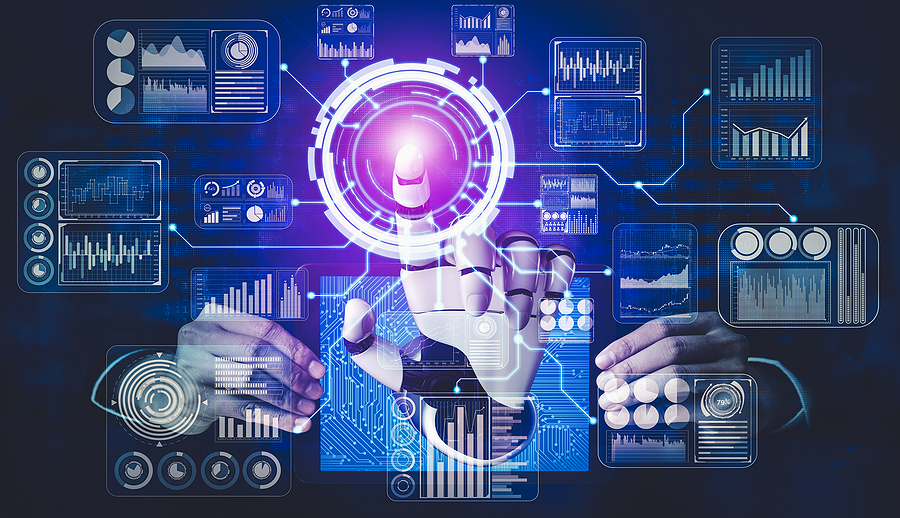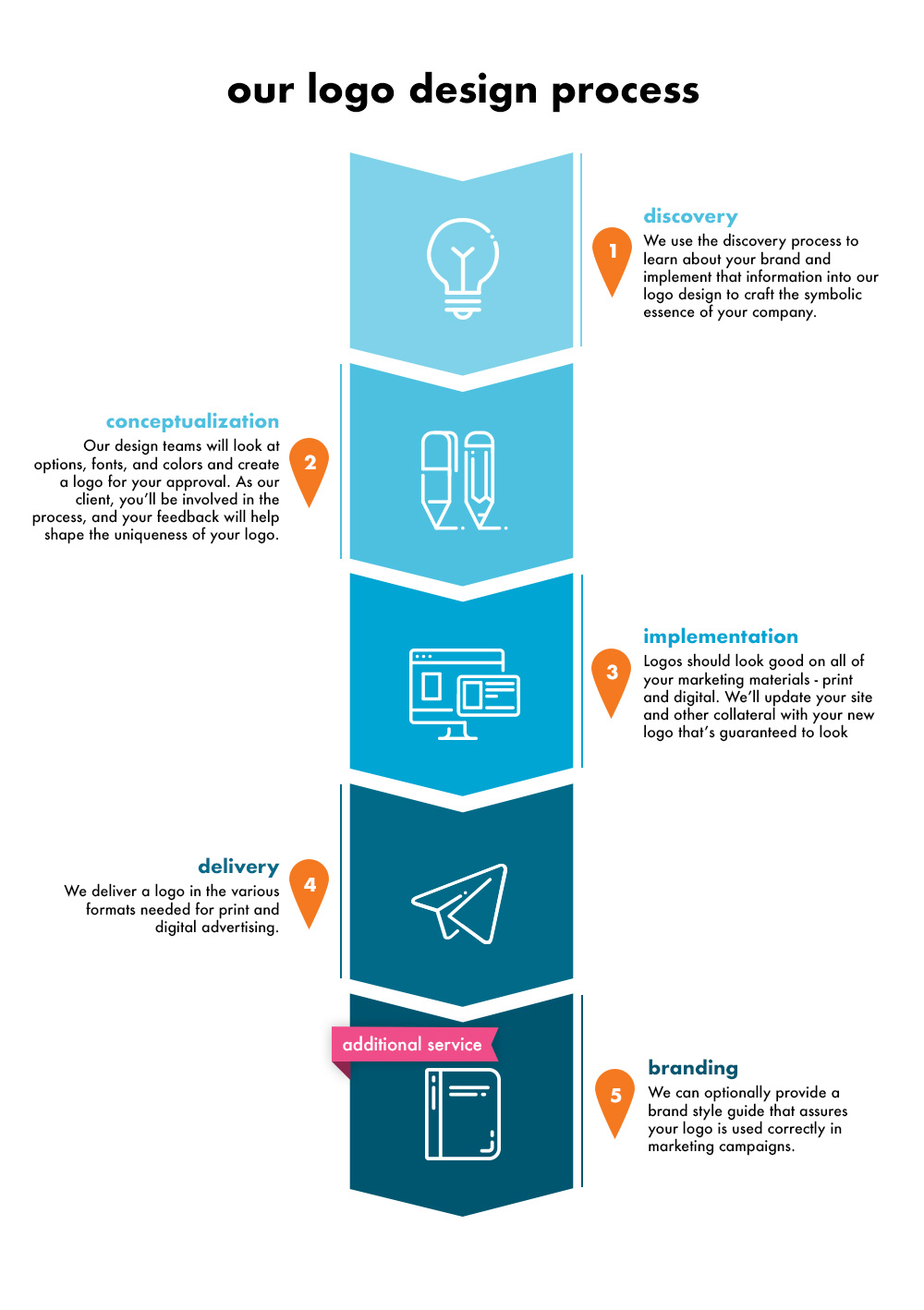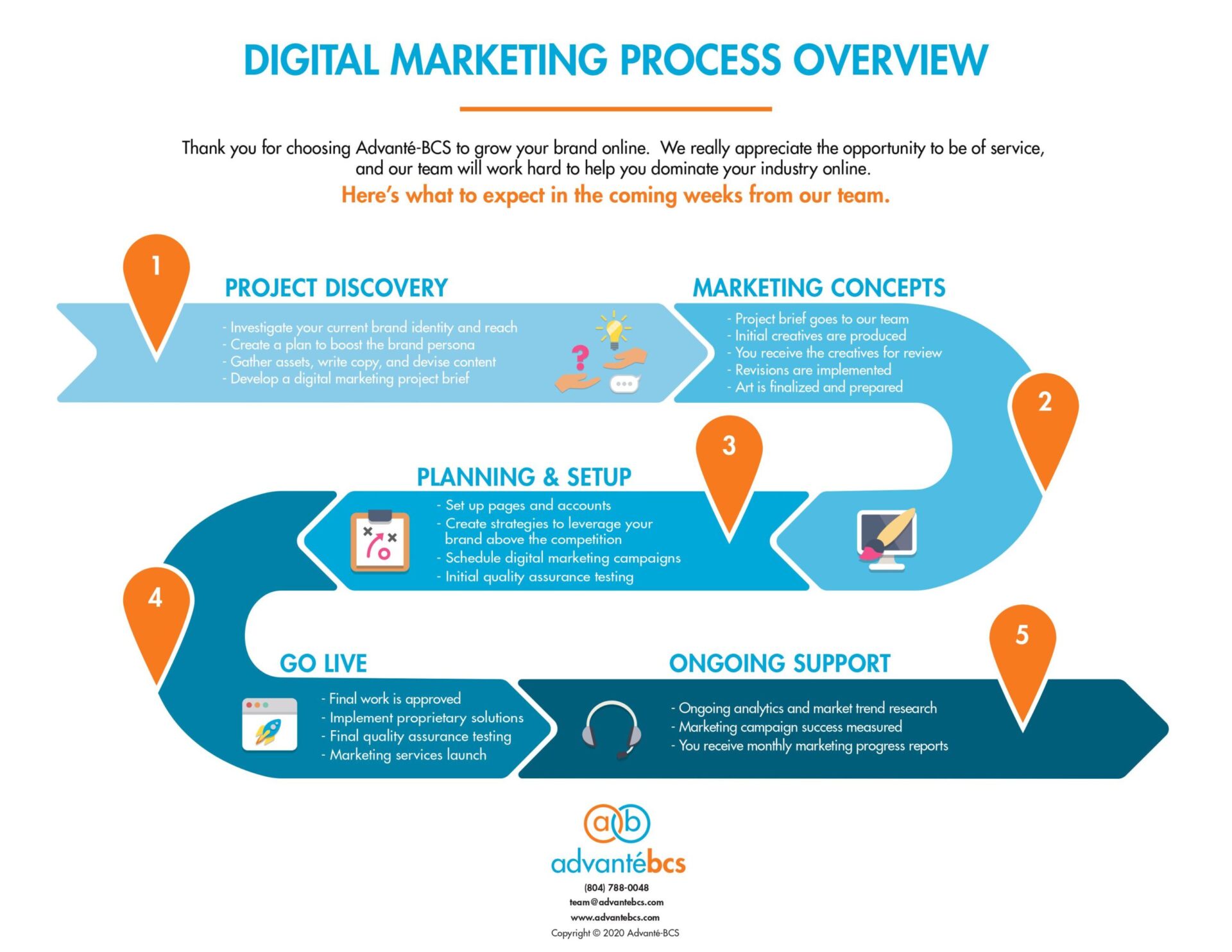
Is 2023 the year of AI? You have seen many articles and news segments discussing the latest technology. Automation and AI have infiltrated every industry with a promise to revolutionize the way many people work and how we access information. Still, a question remains—how will AI affect digital marketing?
Artificial intelligence and writing-based AI programs have been around for years, but none have caused as much fuss as ChatGPT since it went viral. OpenAI, a San Francisco-based artificial intelligence company, launched ChatGPT in November 2022. Within a week from its launch, it garnered more than 1 million users and now two months after launching, it was reported that the popular chatbot reached 100 million monthly active users in January, making it the fastest-growing consumer application in history.
ChatGPT is unlike other writing-based AI programs because it is a large language model chatbot with the ability to interact in a conversational dialogue format to provide human-like responses. The company also uses Reinforcement Learning with Human Feedback (RLHF) to enhance ChatGPT’s usability and accuracy in following directions for users.
As a large language model, the program is trained with massive amounts of data to predict the next word in a sentence, which is how ChatGPT is able to produce large amounts of text for content.
It is important to note that these programs are limited in what they can do based on the data that they have available. It is unlikely that AI, like ChatGPT, will be able to answer questions or inquiries about current events until it has learned that information. On the other hand, AI is streamlining a lot of processes with the ability to curate content, code, and even perform other tasks performed by humans.
We use AI in our daily life without recognizing it—when we search keywords in a document, sort emails to filter out spam, or use applications like Siri, and Google Maps, and even use Uber for transportation.
The rise in AI does have some alarm due to the possibility of it doing human tasks more efficiently than actual humans. Given the programs rely heavily on deep learning and natural language processing, and we are still on the cusp of AI innovation, there is a long way to go before AI starts replacing actual humans who are doing the work.
AI has a lot of potential, which we have witnessed with ChatGPT and the many AI programs releasing this year, but it cannot replicate human emotion and connect with humans where it matters most—empathy and feelings. It can, however, learn from previous interactions to improve its responses over time. This will most certainly change the dynamics of the market and influence how people use the internet, but only time will tell.
Potential for AI in Digital Marketing
Where does ChatGPT and AI fit in the digital marketing space? ChatGPT is sophisticated AI and a solid tool—it can streamline many tasks that we do daily by producing outlines for scripts and articles, automating customer service interactions, providing market research on competitors, and responding accurately and quickly to inquiries, but it does have limitations.
Since the program learns from data and previously produced content, it is prone to bias and other technical issues. For example, it might struggle with queries that require domain-specific knowledge or current events that it does not have information about which can result in it providing an inaccurate response. This can also result in repetitive content that lacks originality because there is no creative source behind it.
There are also murky legalities when it comes to distributing AI-generated content in the form of marketing initiatives. It is unclear who owns the content that is produced—is it the source material (ChatGPT does not cite sources), OpenAI, or the person requesting the generated work? For copyright protection, U.S. law requires that a human be the producer of the work, so work not created by a human does not qualify, in this case, an artificial intelligence program. It also needs to be considered that reproduced AI-generated content can create potential liability, but it is still uncertain who would be liable.
AI tools are used in education, research, and other fields because of their benefits and efficiency, but these tools should be used with human oversight to ensure accuracy and quality. If you are interested in how AI can complement your marketing efforts, contact us to help provide an individualized, strategic marketing plan to elevate your business.





























